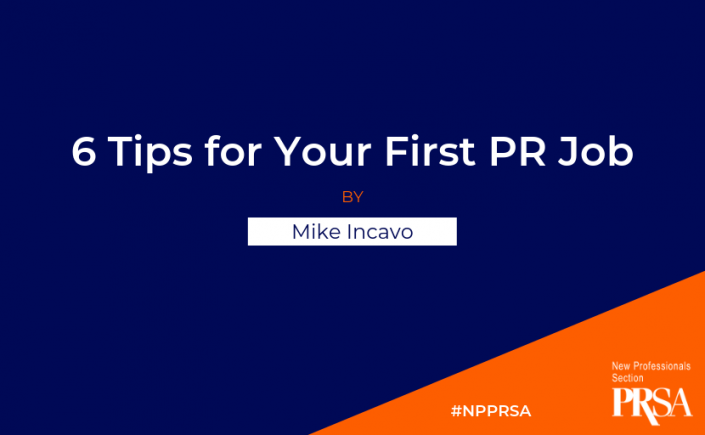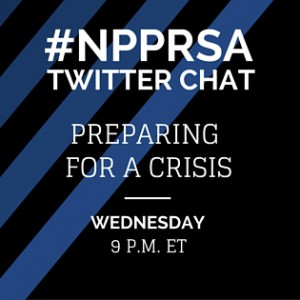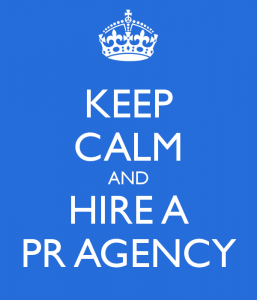A college education in public relations is a fantastic resource, but it can’t cover everything. Here are a few tips as you begin your journey into public relations.
Pitching is everything
If you’re like me, you’ve probably spent time and effort perfecting your content creation and journalism skills. While these can make you a great asset to a team, keep in mind that the house of media relations is built upon a foundation of pitching. Identifying, writing, targeting and sending pitches are often core functions of entry-level PR jobs. Put time into developing your pitching skills— they’re often the clearest way to contribute value to your team. There are great books on the topic — I’m enjoying Ed Zitron’s “This is How You Pitch” right now.
Learn about your clients
In order to identify pitching angles, you need to understand your clients. I like to read anything I can get my hands on about the companies I work with, as this can allow me to see pitching ideas that haven’t occurred to anyone else.
Identify and track competitors
One of the most important nuances to learn about your clients is their competition. This gives you a frame of reference for the type of coverage you can seek and can alert you to journalists who might be interested in news from your clients.
Don’t be boring
Since your clients spend every day embedded deep in their verticals, they depend on you to help convey their ideas to people who may not live in their world. This means it’s crucial to find news within your clients’ larger stories. Journalists are incredibly busy and receive hundreds of emails each day. You’ll want to find a good story angle that is relevant to the writer you’re pitching and articulate your ideas clearly and succinctly.
Google News is your friend
Don’t underestimate Google News just because it’s available to everybody. Advanced monitoring and tracking tools can be great for media relations, but Google News is a great way to get a glimpse of trending topics and coverage based on simple search terms. It’s a great starting point for learning and establishing context.
Set up Google Alerts
When you’re working with clients, it’s important to keep tabs on their mentions and what’s happening in their industry. Google Alerts sends you emails when new items that match your specified keywords are added to Google’s massive index. Setting alerts for your clients’ names or keywords related to that client can help you stay informed. It’s also a good idea to set one up for your name.
 Mike Incavo is an account manager and content creator at Houston cybersecurity firm Zintel PR. He attended Baylor University and is a member of the Houston PRSA chapter. Find him on LinkedIn and Twitter.
Mike Incavo is an account manager and content creator at Houston cybersecurity firm Zintel PR. He attended Baylor University and is a member of the Houston PRSA chapter. Find him on LinkedIn and Twitter.





 “Public Relations is becoming more intergraded with marketing and advertising,” said
“Public Relations is becoming more intergraded with marketing and advertising,” said 

